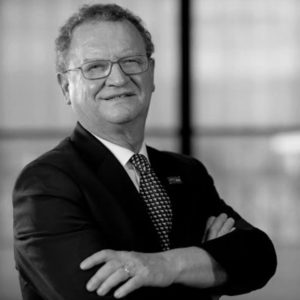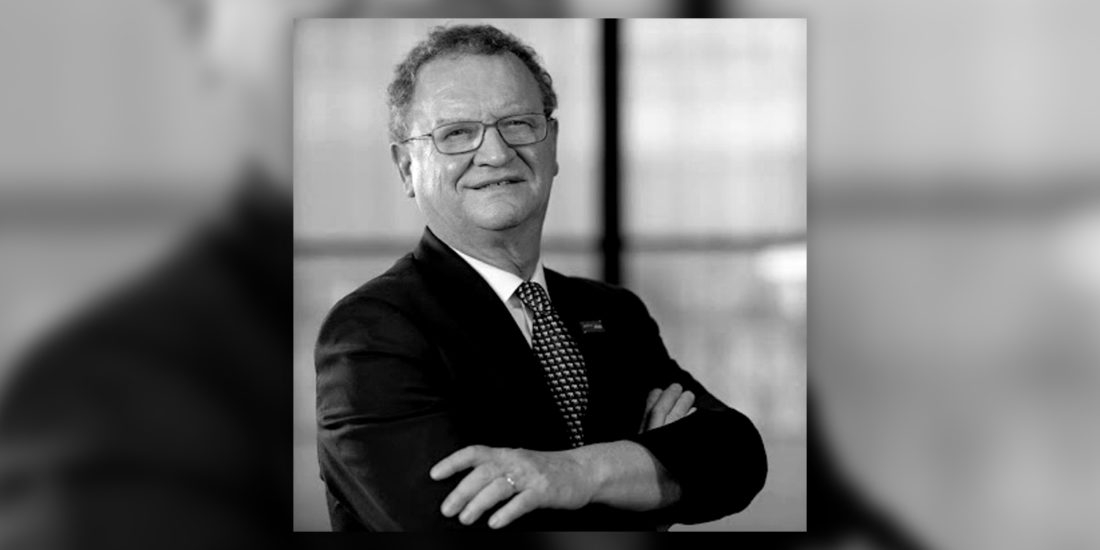Guido Gryseels of the Royal Museum for Central Africa (RMCA), Belgium, is the second keynote speaker to be announced for The Paris Conference on Education (PCE2022), which will be held alongside The Paris Conference on Arts & Humanities (PCAH2022), June 16-19, 2022.
Dr Gryseels will be presenting a keynote titled “Restitution of African Cultural Heritage and Its Challenges”, and will join Anne Liskenne of La Grande Chancellerie de la Légion d’Honneur, France, in the panel discussion “Whose Heritage? Reconsidering the Museum as a Global Commons”. Additional panellists will be announced over the coming weeks. Please follow the IAFOR social media pages for updates (Facebook / Twitter).
To participate in PCE/PCAH2022 as an audience member, please register for the conference.
The presentation will also be available for IAFOR Members to view online. To find out more, please visit the IAFOR Membership page.
Speaker Biography
Guido Gryseels
Royal Museum for Central Africa (RMCA), Belgium
 Guido Gryseels has been Director General of the Royal Museum for Central Africa (RMCA) since 2001. The RMCA is a federal scientific institute. It conducts research both in human and natural sciences, has a major program in development cooperation in 12 African countries and is active in information dissemination and projects to promote world citizenship. The AfricaMuseum has colonial origins but has been subject to a major renovation in 2018. In recent years, the AfricaMuseum has been in the middle of controversies surrounding the colonial past of Belgium and restitution issues.
Guido Gryseels has been Director General of the Royal Museum for Central Africa (RMCA) since 2001. The RMCA is a federal scientific institute. It conducts research both in human and natural sciences, has a major program in development cooperation in 12 African countries and is active in information dissemination and projects to promote world citizenship. The AfricaMuseum has colonial origins but has been subject to a major renovation in 2018. In recent years, the AfricaMuseum has been in the middle of controversies surrounding the colonial past of Belgium and restitution issues.
Previously, Guido Gryseels was service chief on International Agricultural Research at the Food and Agricultural Organisation of the United Nations in Rome, Italy. Between 1979 and 1987, he was a scientist and assistant to the Director General at the International Livestock Centre for Africa in Addis Ababa, Ethiopia. He has a PhD in Agricultural Economics from the University of Wageningen, Netherlands, and has graduate degrees from the Universities of Leuven, Belgium, and New England, Australia. Guido Gryseels has been chair of the European Ethnology Museums Directors Group. He is also a member of the Board of Trustees of the Belgian Development Cooperation Agency Enabel and is chair of the Program Committee of Food and Business Research at the Netherlands Foundation for Scientific Research.
Abstract
Restitution of African Cultural Heritage and Its Challenges
The Royal Museum for Central Africa (AfricaMuseum) was established in 1898 as a colonial institute by King Leopold II. From the start, it was both a museum and a multidisciplinary research institute. The permanent exhibition of the museum remained unchanged from 1956 until the beginning of the 21st century. The AfricaMuseum was, until its renovation, often labelled as the last colonial museum in the world. In 2013 the AfricaMuseum embarked on a major renovation program that ended in a new permanent exhibition and a renewal of its infrastructure. The new permanent exhibition focuses on contemporary Africa, has a very critical view of the colonial past of Belgium, focuses on themes with a direct link to sustainable development and puts the African voice as central in the exhibition. In developing the new exhibition, the inputs of African experts, members of the African diaspora in Belgium, were very important. The renovation program also included the renewal of the museum’s infrastructure with a doubling of spaces for the public, the construction of a new entrance pavilion with conference facilities, and a total renovation of the museum building. The AfricaMuseum was closed between 2013 and its reopening on December 9, 2018. In its first year, it received nearly 400,000 visitors and more than 800 journalists from 45 different countries. Since the reopening of the museum, the Belgian society has given major attention to issues related to the colonial past, leading to the creation of a special parliamentary commission on the colonial past and reconciliation. The AfricaMuseum has one of the largest ethnographical collections of African cultural heritage and is therefore also in the centre of the debate on restitution issues. The AfricaMuseum has large and diverse collections of African cultural and natural heritage, such as 128,000 ethnographic objects, 10 million zoological specimens, 4 km of archives, 80,000 tropical wood samples, and 15,000 rocks and minerals.
An overview will also be given on current approaches on restitution in Belgium and other European countries.

